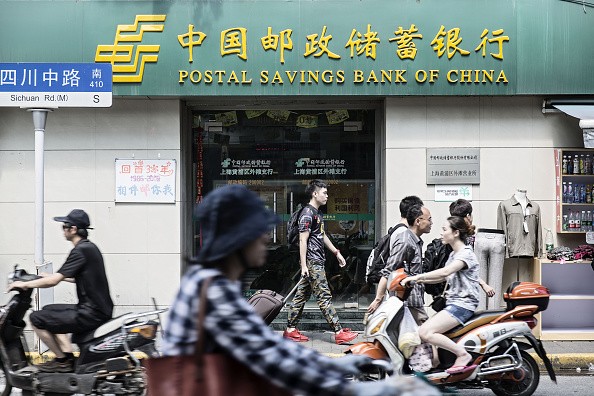Chinese regulators have set a new requirement for banks that move renminbi out of the country by taking advantage of the few loopholes in the new capital controls regulation.
The new move is seen as a setback for the country's efforts to internationalize the yuan, which has been set aside to prioritize the management of capital outflows and the depreciation of the yuan against the dollar.
Several people who were briefed about the rules told the Financial Times that banks in Shanghai were required to "import" Rmb100 for every Rmb100 sent by a client overseas, although previously they were allowed to transfer Rmb160 overseas if they can bring Rmb100 back in the country.
In Beijing, banks were required to import Rmb100 for every Rmb80 that their clients remit overseas to ensure a net inflow into the capital, the report said.
In recent months, Chinese regulators were forced to sell down the country's foreign exchange reserves to slow down the depreciation of the renminbi against the dollar.
The PBOC, the country's central bank, and the State Administration for Foreign Exchange (SAFE) also implemented a series of capital controls to maintain the country's foreign exchange stockpile, which amount to a total of more than $3 trillion at the end of last year.
Stricter selection procedures were also introduced by the PBOC and SAFE on Chinese firms that wanted to send foreign currency for acquisitions abroad. While Chinese individuals were questioned on forex purchases, foreign investors underwent tighter scrutiny of their dividend payments and shareholder loan repayments.
Although one way to avoid capital controls is by remitting yuan overseas, where it can be converted to foreign currency, the transfer of money is also encouraged by the Chinese government to promote the renminbi as an international currency. This includes the use of the renminbi in trade transactions, dividend remittances and loan repayments.
In Sept., the renminbi's net outflow reached more the Rmb265 billion ($38.5 billion)but since then, it has plunged as Chinese regulators closed the loophole, according to policy researcher NSBO.
"The use of renminbi for foreign transactions, which had been used to evade capital controls, dropped sharply in Dec. to its lowest level since Sept. 2015," NSBO said in a report on Friday, Jan. 20.
According to the report, the clampdown has greatly affected overseas banks, which have mostly very small domestic market share, since they get high revenues mainly from cross-border business.
"This regulation is a bigger nightmare for foreign banks because we are more reliant on cross-border business than Chinese banks," one banker was quoted as saying.
The banks also criticized the PBOC and SAFE for informing them about the regulatory "window guidance" only by phone or during meeting, rather than in writing.
The bankers also complained that SAFE had asked them not to tell clients why their remittances were not approved and also protested about the weekly checks on their net renminbi flow, which was done previously every month.
"It's up to us to tell clients sorry, we can't let you do the transfer," one of the bankers said. "But obviously the clients know what is going on. This is not a secret."



























